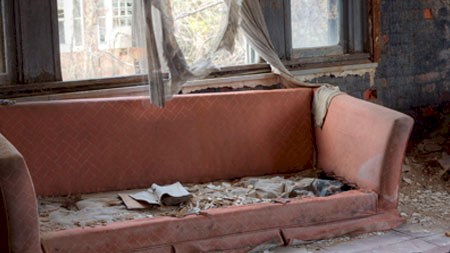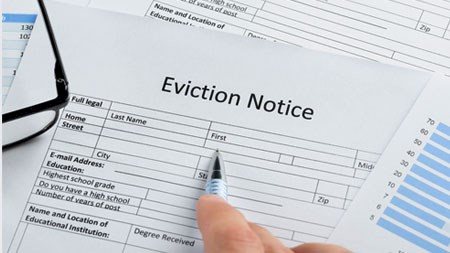Although the PIE Act was initially created to govern the issue of land invasions and squatters in urban areas, it has been expanded to include ordinary tenants who often abuse the law.
In South Africa, the issue of illegal occupation and evictions is a thorny one. The roots of the issue can be traced back to the Apartheid era when legislation systematically barred the black majority from formal access to land and housing in urban areas. Many people were arbitrarily uprooted and pushed off land or out of the dwellings they occupied and many homes were simply demolished.
Following the formal abolition of apartheid in 1994, a number of new laws came into effect including the Prevention of Illegal Eviction from and Unlawful Occupation of Land Act 19 of 1998 (PIE). The Act specifically aims to give effect to section 26 of the Constitution which reads: “No one may be evicted from their homes or have their homes demolished without an order of court made after considering all the relevant circumstances. No legislation may permit arbitrary evictions.”
Although the PIE Act was initially created with a view to governing the issue of land invasions and squatters in urban areas, the ambit of the Act has since been widened to include ordinary tenants and home loan defaulters. As ‘unlawful occupiers’ such people now enjoy the extensive protection afforded by the Act. While laudable in many respects, Leon Loock of Smith Van Der Watt Attorneys says the law is often abused by tenants.
As things stand the law tends to favour tenants. Tenants know this and try to use the Act to their advantage even when they are quite obviously at fault
Notes Loock: “As things stand the law tends to favour tenants. Tenants know this and try to use the Act to their advantage even when they are quite obviously at fault. Consequently, even when a landlord has reasonable grounds to evict a tenant and follows all of the proper procedures it can take up to a year, if not longer to evict a tenant. The landlord is ultimately left severely out of pocket due to unpaid rent and utility bills and legal fees which while technically recoverable from the tenant, usually doesn’t occur as the tenant is financially impaired.
“Given the current state of affairs, landlords are justifiably extremely wary of leasing out their properties to tenants and many have taken to charging excessive deposits in a bid to offset the potential risks and costs. What’s more is that the buy-to-let market has taken a knock because such properties are deemed risky. Such a situation is particularly lamentable in a country where there is a severe housing shortage.
“Although there is obviously a need for laws that protect tenants and their rights, landlords also have a right to be protected. Proposals and discussions which seek to free private residential landlords and banks (in the case of repossessed properties) from the full rigours of the PIE Act have been put forward but changes have yet to be implemented. Clearly the Act needs to be revisited in order to provide a more balanced scenario for landlords who at the end of the day are taking all the risks and stand to lose the most.”
Know the facts:
• The first step to take when a tenant is in breach of a lease agreement is to ensure that the tenant is served notice to rectify the breach
• If the breach is not rectified the landlord can cancel the lease agreement and start the legal eviction process
• The tenant must be notified of impending action and must be given at least 14 days notice for a court hearing
• A notice must also be sent to the municipality which will have to provide alternative accommodation if necessary
• The court will assess whether or not the person is an unlawful occupier and whether the landlord has reasonable grounds for eviction
• Unopposed and depending on the facts the eviction process costs between R3000 and R5000 on average
• Opposed, eviction matters can cost up to R20 000 or more
• Legal fees usually have to be paid to the attorney upfront
• Evicting a tenant without a proper court order is a criminal offence



